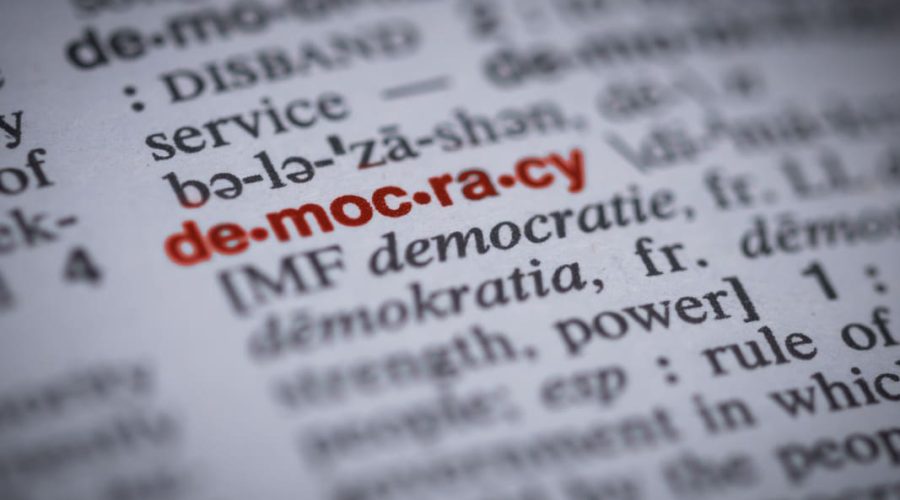
Description
Grounded in the latest findings of Eurydice and aligned with European Commission priorities, this teacher training course offers a comprehensive approach to citizenship and civic education. It equips educators with the knowledge, strategies, and practical tools to integrate European values, such as democracy, human dignity, equality, and human rights, into their classrooms while fostering meaningful participation in democratic education. The course highlights how schools can act as laboratories of democracy, preparing young people to engage actively and responsibly in civic life.
Throughout the week, participants will explore a variety of interconnected themes; European values and citizenship in education, with a focus on creating democratic classrooms and linking values to national curricula. Participants will learn about active citizenship and civic participation, using debates, simulations, and project-based learning to design authentic civic projects. We will tackle the topic of today’s most pressing challenges: media literacy and critical thinking, providing teachers with strategies to help students identify misinformation and engage in informed civic dialogue. Addressing inclusion, diversity, and European identity, will ensure that all students can contribute to democratic life while balancing cultural diversity with shared European citizenship. Finally, the course concludes with teachers as civic leaders, supporting participants in designing a Civic Education Toolkit and developing Erasmus+ networking strategies to sustain their work.
By combining interactive workshops, simulations, reflective practice, and peer exchange, this course enables teachers to leave with ready-to-use resources, innovative methodologies, and a clear action plan to promote citizenship and democratic education at school and community levels.
Check out this course on European School Education Platform a meeting point for the school education community:
https://school-education.ec.europa.eu/en/learn/courses/teaching-citizenship-democratic-participation-european-values-media-literacy
Learning outcomes
By the end of the course, participants will be able to:
- Integrate European values and democratic principles into teaching
- Create democratic classrooms fostering student participation
- Use media literacy & critical thinking to counter misinformation
- Promote inclusion and diversity in civic education
- Link local practices with European/global citizenship education
- Develop an action plan and toolkit to sustain civic education at school and community levels.
Tentative schedule
Day 1 – Introduction to the course
- Welcome event; presenting participants, their schools, cities, countries
- Presenting host organization and the city
- Getting to know each other: Icebreakers
- Introduction to the course and the schedule
Day 2 – European Values & Citizenship in Education
- Understanding the EU’s Values in Practice: From Policy to Classroom
- Creating Democratic Classrooms (student voice, participation, councils)
- Linking European values to national curricula and everyday classroom activities.
Day 3 – Active Citizenship & Civic Participation
- Democracy in Action: Simulations & Debates (mock elections, EU parliament, school councils)
- Project-Based Learning for Civic Engagement (design projects tackling local/global challenges).
- Apply experiential methodologies (role-play, PBL) and design civic projects
Day 4 – Media Literacy & Critical Thinking for Democracy
- Spotting Disinformation: Media & Digital Literacy Activities, critically evaluate information
- Critical Thinking Lab: From Source Analysis to Civic Dialogue
- Develop classroom strategies against misinformation that undermines democracy.
Day 5 – Inclusion, Diversity & European Identity
- Inclusive Participation: Engaging All Students in Civic Life, apply inclusion and equity principles
- European Identity & Intercultural Dialogue
- Balance cultural diversity with shared European/global citizenship.
Day 6 – Teachers as Civic Leaders & Multipliers
- Design Your Civic Education Toolkit (lesson plans, activities, media literacy modules)
- Action Planning & Erasmus+ Networking for Democratic Schools
Day 7 – Course closure and evaluation
- Reflecting on the course and what we have learned from the past week
Course evaluation - Erasmus+ Certificate award ceremony
Specifics
Request Info
Questions before you register?
We'll answer anything about the course or practical details.
"*" indicates required fields